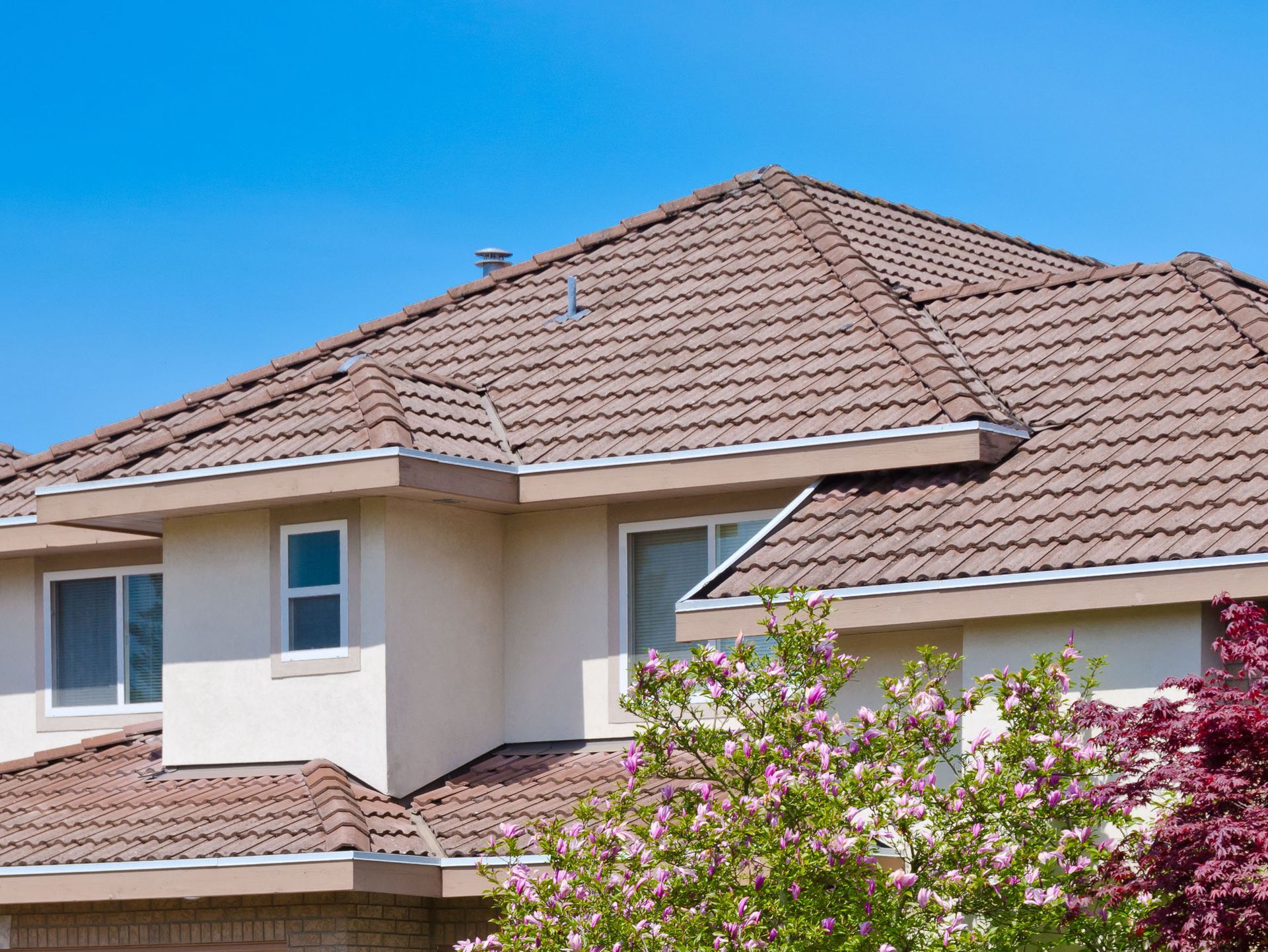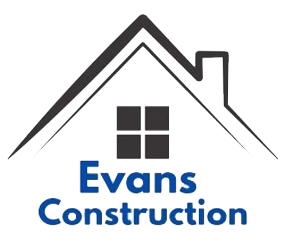17 Key Questions to Ask Your Local Residential Roofer
Choosing the right roofer for your home is a big decision. Whether you're facing a full roof replacement or a few critical repairs, the contractor you hire can make or break your investment. A good residential roofer will not only offer expert craftsmanship but also provide clear communication, solid warranties, and peace of mind. Asking the right questions upfront can save you time, money, and frustration. Here are 17 essential questions to ask your local residential roofer before signing a contract.
1. Are You Licensed and Insured?
This is the first and most important question to ask. A reputable residential roofer should carry the necessary state or local licensing, as well as liability insurance and workers’ compensation. Licensing proves they meet regional standards for safety and quality, while insurance protects you if someone is injured or your property is damaged during the project.
2. How Long Have You Been in Business?
Experience matters in roofing. A contractor with several years—or better yet, decades—of local experience is more likely to have a strong reputation and track record of quality work. They’ll also be familiar with the climate-specific challenges in your area, from hail to hurricanes to heavy snowfall. A newer contractor might do a good job, but there's more risk involved.
3. What Types of Roofing Materials Do You Offer?
Not all materials are created equal. Depending on your home’s design, budget, and environmental concerns, you may be deciding between asphalt shingles, metal roofing, flat roofing, or rubber roofing options. A knowledgeable roofer should walk you through the pros and cons of each type and recommend what suits your property best. For example, according to This Old House, an asphalt shingle roof can last between 25 and 50 years, while a metal roof offers enhanced energy efficiency.
4. Can You Provide Local References?
A trustworthy local residential roofer should have no issue providing references from recent projects in your area. Speaking directly with past clients gives you an honest look at the roofer’s communication, professionalism, work quality, and how they handle issues. Drive by a few of their completed jobs, if possible, to see the results for yourself.
5. Do You Offer a Workmanship Warranty?
Manufacturers typically provide warranties for roofing materials, but a workmanship warranty covers the labor—the actual installation of your roof. Without this, you could be on the hook for repair costs if errors were made during the job. Ask for the terms in writing, including duration and what's covered. Many contractors offer years-long workmanship warranties.
6. What’s the Timeline for My Project?
Knowing how long your roofing job will take helps you plan accordingly. A residential roofer should provide a realistic timeline for materials arrival, project start, and estimated completion. Delays can happen due to weather or unexpected complications, but a reputable contractor will keep you informed at each step and work to minimize disruptions to your household.
7. Will You Remove My Old Roof?
Some roofers offer to install new shingles over existing ones to save time and money. However, this shortcut can hide underlying problems like rotting wood, mold, or structural damage. A high-quality local residential roofer should insist on a full tear-off and inspection before installing the new roof to make sure everything is sound from the decking up.
8. How Will You Protect My Property?
Roofing is messy and potentially damaging to landscaping, driveways, gutters, and exterior walls. Ask how your roofer plans to protect your home and yard during the project. Will they use tarps, plywood, or magnetic sweepers to catch nails? What steps do they take to prevent debris from damaging your shrubs or lawn ornaments? A professional roofer will include property protection in their process.
9. Who Will Be On-Site During the Work?
You want to know who’s actually working on your roof. Will it be the contractor you’ve been speaking with, or will they subcontract the job to someone else? Who supervises the workers? Ideally, your residential roofer should have a dedicated project manager or foreman on-site to oversee the installation, maintain quality standards, and communicate with you if issues arise.
10. How Do You Handle Unexpected Issues or Repairs?
Once the old roof is removed, unforeseen problems like rotten decking or damaged flashing may be uncovered. A reliable roofer will explain how they approach these discoveries and provide a clear process for addressing them. Ask whether you’ll be notified before additional work is done and what types of repairs might affect your estimate.
11. What Safety Measures Do You Use?
Roofing is a high-risk job, so it's important your contractor follows strict safety protocols. Inquire about their use of harnesses, scaffolding, fall protection, and site cleanliness. Companies that prioritize safety not only protect their workers but also reduce your liability as a homeowner.
12. What Is Your Process for Clean-Up After the Job?
A professional local residential roofer won’t leave you with a mess. Ask about post-job cleanup practices such as removing debris, collecting stray nails with magnetic rollers, and disposing of old materials. You want your property looking just as clean—or cleaner—than when the project began.
13. Can You Provide a Detailed Written Estimate?
A detailed written estimate is more than just a number. It should outline the scope of work, materials used, labor costs, payment terms, and projected timeline. Ask your roofer to break it down so you can clearly compare it with other quotes. Transparency upfront helps prevent misunderstandings and protects both parties throughout the project. Many companies will even offer free estimates!
14. What Brands Do You Use?
The best residential roofers partner with trusted manufacturers known for their durability, performance, and warranties. Ask whether they use leading brands like Owens Corning, Castlebrook, GAF, or CertainTeed. High-quality materials often come with better protection and longer lifespans, so knowing the product line can help you feel confident in the longevity and reliability of your new roof.
15. How Will You Communicate With Me During the Project?
Clear communication is essential for a successful roofing project. Ask how your contractor plans to keep you updated—whether through phone calls, texts, emails, or in-person check-ins. You should know who your point of contact is and how often you’ll receive progress updates or alerts about changes.
16. Do You Offer Roof Coatings?
Roof coatings can extend the life of your roof, improve energy efficiency, and enhance waterproofing without the need for a full replacement. Ask if your local residential roofer offers coating services and which types they recommend for your roof type. Coatings are especially beneficial for aging roofs and can be a smart, cost-effective way to protect your home.
17. What Happens If There’s a Problem After the Job Is Done?
Even with a great installation, problems can occasionally arise after the roofer leaves. Ask what the follow-up process is for addressing issues like leaks, loose shingles, or cleanup oversights. A reputable residential roofer will stand by their work and provide timely service if something needs attention post-installation.
Your roof is one of your home’s most important defenses, so it’s worth taking the time to hire the right professional. The answers to these questions can reveal a lot about a roofer’s integrity, expertise, and customer service. Here at Evans Construction, we stand out as a top local residential roofer in Cedar Rapids, IA! Offering a 15-year workmanship warranty and price matching options, get in touch with us today for a free estimate.





Share On: